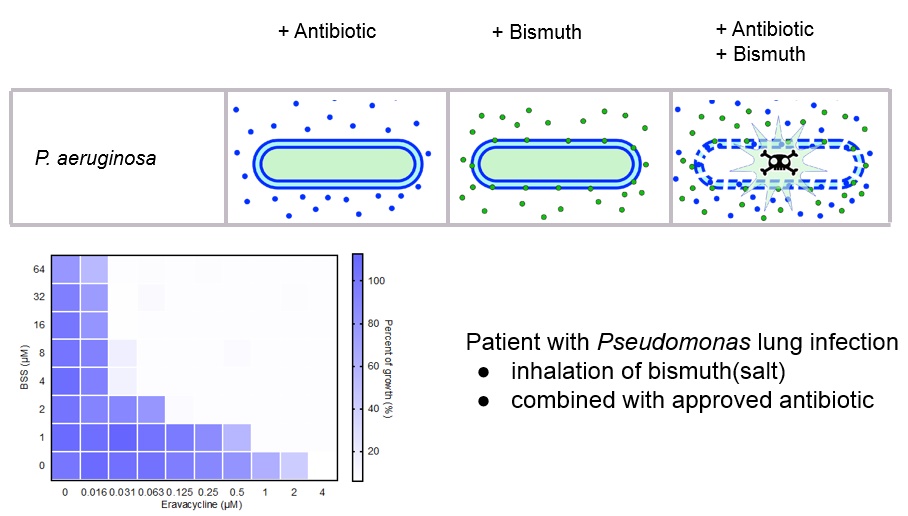NWO Take-off grants for Davide Grossi, Yori Ong and Oscar Kuipers
Oscar Kuipers of the Groningen Biomolecular Sciences and Biotechnology Institute (GBB) and collaborating researchers Davide Grossi of the Bernoulli Institute and Yori Ong of the UMCG Centre for Dentistry and Oral Hygiene received a take-off grant by the Dutch Research Council (NWO). Both projects concern a Take-off phase 1 feasibility grant of EUR 40,000. This enables Grossi and Ong to conduct a feasibility study for their research project ‘Gridt: An Algorithmic Tool to Support Collective Action’ and Kuipers for his project ‘Repurposing bismuth to combat hard to treat Pseudomonas infections’.
The Take-off financing instrument is aimed at stimulating and supporting scientific activity and entrepreneurship. With the funding, a feasibility study can be carried out into setting up a company based on a research finding.
Prof. Davide Grossi and dr. Yori Ong| Gridt: An Algorithmic Tool to Support Collective Action
When it comes to health behavior, climate adaptation or other societal challenges, our individual actions become most rewarding when we act collectively. Our social networks determine our perception of other people’s choices and how we adapt to them. Adopting new behavior is easiest when we experience freedom of choice and continuous reinforcement from others who lead and follow our actions. Gridt is a digital communication network that enables people to self-organize collective action like swarms, by optimizing reinforcement conditions for all its users. In this project, Grossi and Ong will investigate the feasibility of establishing Gridt as a for-impact company that provides a new tool for NGOs and public institutions to organize effective and large-scale behavior change campaigns.
Prof. Oscar Kuipers | Repurposing bismuth to combat hard to treat Pseudomonas infections
It has become very clear that viruses and pathogenic micro-organisms have a great impact on our healthcare and society. Experts warn that next to viral threats, bacteria resistant to antibiotics are becoming an increasing problem. In particular, the bacterium Pseudomonas aeruginosa, that can cause severe lung infections, is recognized by the WHO as priority in terms of treatment development. The University of Groningen has discovered and patented a new synergistic combination treatment based on the metal bismuth and existing (but not yet used) antibiotics for these infections. In this project, Kuipers will investigate the technical and economic feasibility of this drug development by answering questions concerning drug tolerability, toxicity, in-vivo efficacy and the market potential.

More news
-
14 January 2026
What the smell of the sea does to the clouds above Antarctica
